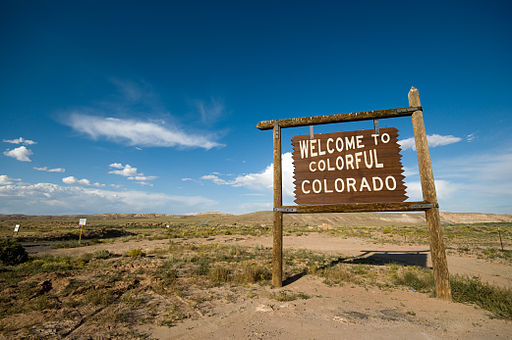The Link Between Gender Roles and Victim-Blaming

By Flickr user: Sebastian Bergmann Siegburg, Germany http://sebastian-bergmann.de
Lately, as you know, I’ve been thinking, reading, and writing about sexual violence against men and boys. I came across a disturbing case of sexual assault from Norwood, Colorado — a case with unsettling echoes of Steubenville — and this motivated me to begin researching the phenomenon of victim-blaming. Why are so many rape victims, male and female, blamed for what happens to them? I read probably about a dozen studies (thank you, university library system!) and wrote a piece for The Atlantic about my interesting, and somewhat surprising, findings.
Before I jump into that article, on a completely unrelated matter, I’ve decided to go offline for a couple of weeks starting tomorrow (except for Netflix watch instantly — I’m not a total Spartan). You know that feeling you get when you’ve been sitting in a hot tub for too long, and you no longer feel relaxed and toasty, but more like you’re being slowly cooked alive? Well, that’s what the internet does to me every once in awhile, and I need to go dive into the cold pool of offline reality for a bit to recharge.
So, happy reading — and I’ll see you on the other side…!
Last year, a small American town began to cannibalize its own after a group of high school student athletes sexually assaulted an incapacitated classmate. In the aftermath, rather than rallying around the young victim, townspeople rushed to downplay the attack and defend the perpetrators instead.
If this sounds familiar, you might think I’m talking about Steubenville, Ohio — but I’m actually talking about Norwood, Colorado.
In February 2012, three high school wrestlers from the tiny town of Norwood ambushed a 13-year-old boy on a school bus, restrained him with duct tape, and anally raped him with a pencil. The victim’s father, who was also the high school principal, notified the superintendent and school board immediately, but aside from a one-day suspension, there were no repercussions for the perpetrators (two of whom were sons of the head wrestling coach, who also happened to be president of the school board). Despite Colorado’s mandatory reporting laws, the police were not notified until the principal reported the incident himself after a month of inaction on the part of town and school officials.
In the wake of the boys’ arrests on charges ranging from kidnapping to sexual assault, the seventh-grade victim was blamed and bullied by his peers at school and on social media. Rather than cracking down on this harassment, some parents encouraged it, including the mother of an accused boy who made and distributed t-shirts that proclaimed alliance with the teenaged attackers.
Many Norwood citizens ostracized the victim and called for his father’s resignation, incensed that the principal had reported what, to them, was a benign schoolboy prank. The assailants, all charged as juveniles, pled guilty to misdemeanors and received varying sentences of probation, community service, and cash restitution. The victim and his family were arguably punished more severely. After months of harassment, they were ultimately driven out of Norwood altogether and relocated to another community.

Good God this is horrific. Articles like this can make me pretty despairing about human nature.
My own take on this is, that fundamentally it’s about the complex nature and dynamics of shame, which largely occur outside our awareness. We do things out of shame, but essentially, don’t notice, or if we must, create rationalizations for our behavior. Anything but recognize shame, because it’s very painful to feel shame, and intense shame can feel like a death of the self, hence the linkage to violence because we feel our life is threatened.
The best book I’ve read about this is psychiatrist James Gilligan’s “Violence: A national epidemic”. Prof (of social work) Brene Brown’s TED talk on shame is interesting too, though as she said, “She doesn’t study men.” Oh.
As to gender and victim blaming, I would say on a related note, males don’t so much talk openly about their pain. It’s shameful. See Tom Golden’s book “Swallowed by a Snake” or his youtube channel or site. His studies of indigenous cultures are really interesting in male and female modes of grieving. But partly, victim blaming with males gets fed by this unconscious shame around male pain being made public. Brene talks about that.